Refinancing is when a homeowner gets a new mortgage loan to replace their current loan. Most people refinance to lower their interest rate and reduce their mortgage payments, but that’s not the only reason. You can also refinance into a new loan type or a new loan term — which could help you pay off your house early. Or you could refinance to cash out home equity.
How does refinancing work?
When you refinance, you apply for a new home loan just as you did when you bought the house. But this time, instead of using the loan money to purchase a home, it’s used to pay off your existing mortgage.
Refinancing effectively erases the debt on your current mortgage. It also lets you choose the rate and loan terms on your new mortgage, so you can get a new home loan that saves you money or helps you accomplish other financial goals. The result is that you continue to pay off your home — but now you’re making payments on the new loan instead of your old one.
Why refinance?
If rates have fallen since you took out a home loan, there’s a good chance you can refinance to a lower rate and save — even if your finances look exactly as they did when you bought the house.
You can choose the number of years in your loan (your ‘loan term’); you can choose the nature of your interest rate (fixed-rate or adjustable-rate).
Many homeowners refinance to get a lower mortgage rate. But a refinance mortgage can also help you pay your home off more quickly, eliminate mortgage insurance, or tap your home equity to pay off debt or fund home improvements.
The Process
When you get a mortgage refinance loan, you are establishing a brand-new home loan with brand-new terms. This typically means you must go through the full mortgage application and approval process.
Mortgage underwriters will evaluate your application in three specific areas:
- Credit score & history
- Income & employment history
- Assets and cash reserves
Your home will also be appraised to confirm its current market value, just as it was when you got your existing loan.
Refinance mortgages are often ready to close in 30 days or fewer. Keep in mind that market conditions can affect closing times. If rates have fallen sharply and many homeowners are rushing to refinance at the same time, it may take 40-45 days or longer to close.
With the rates as low as they are now, it is a great time to refinance. Our loan officers are very experienced with refinancing and will be able to walk you through the process, making it a smooth and easy transition. Give us a call today to see if we can help save you money with a refinance!
